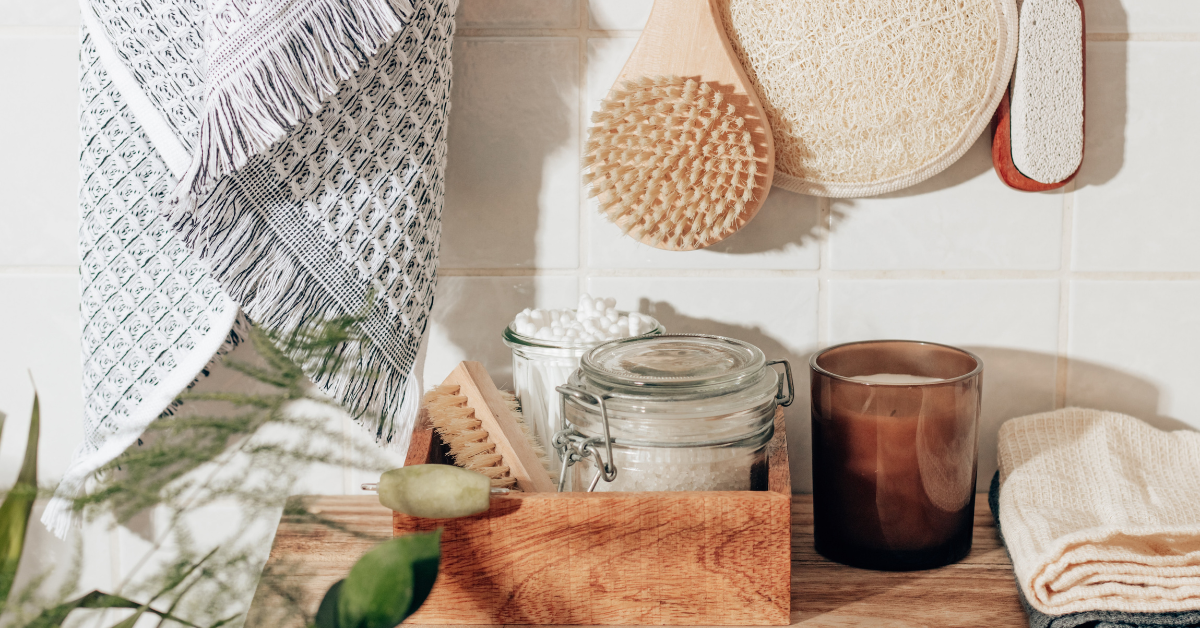
Energy-Saving Tips for Foster Families: Helping the Environment and Your Pocket

*Collaborative Post
As a foster carer, you probably already have plenty on your plate without worrying about your energy bills. But as the UK continues to suffer an energy crisis with prices still at an all-time high, saving energy isn’t just important for the planet – your pocket will thank you, too. By making small changes, you can save money and create a more sustainable home for your foster children. Keep reading for some energy-saving tips that are easy to implement, cost-effective, and beneficial for the environment.
Simple Tips for Saving Energy
There are many simple and cost-effective ways to save energy at home. For example, turning off lights when you leave a room, closing doors and windows to keep the heat in, and switching appliances off at the plug socket when not in use can all add up to make a big difference over time. By following these simple tips, you can save a considerable amount of energy and reduce your energy bills. While agencies like fosteringpeople.co.uk provide a generous allowance to help foster careers afford the cost of looking after an additional child, it’s always good to make your money stretch further – leaving you with more to invest in other essentials or extras.
Efficient Heating and Insulation
Heating and insulation are two of the most significant factors affecting energy consumption within your home. By ensuring that your home is insulated adequately, you can keep the heat in and reduce the need for turning the central heating up. You may also want to consider installing energy-efficient boilers, radiators, and thermostats. And, by simply setting your thermostat a degree or two lower, you can significantly reduce your energy consumption over time in a way that you will barely notice at home.
Renewable Energy
Renewable energy sources, such as wind turbines or solar panels, are becoming more and more accessible and affordable for households throughout the UK. By generating your own renewable energy, you can reduce your reliance on the grid and lower your energy bills. You can also benefit from selling any surplus energy you generate back to the grid.
Sustainable Appliances
Modern household appliances are designed to be as energy efficient as possible, so upgrading your old appliances can help you save money and reduce your energy consumption. When buying new appliances, look for the Energy Star label, which indicates that they meet current energy efficiency standards. You may also want to consider buying second-hand appliances to save money and reduce waste.
Behavioural Changes
Finally, changing your behaviour at home can often have the most significant impact on energy consumption. Simple changes, like taking shorter showers, washing clothes at a lower temperature, and avoiding standby mode on electronics, can all help lower your energy bills. It’s also a good idea to get your foster children involved in these changes – it’s a great way to teach them vital skills for managing their own households one day in the future, and about the importance of taking care of the environment.
As a foster carer, you have an essential role in shaping the lives of often vulnerable children. By incorporating these energy-saving tips into your daily routine, you can create a more sustainable home, save money, and set a great example.
*This is a collaborative post. For further information please refer to my disclosure page.




